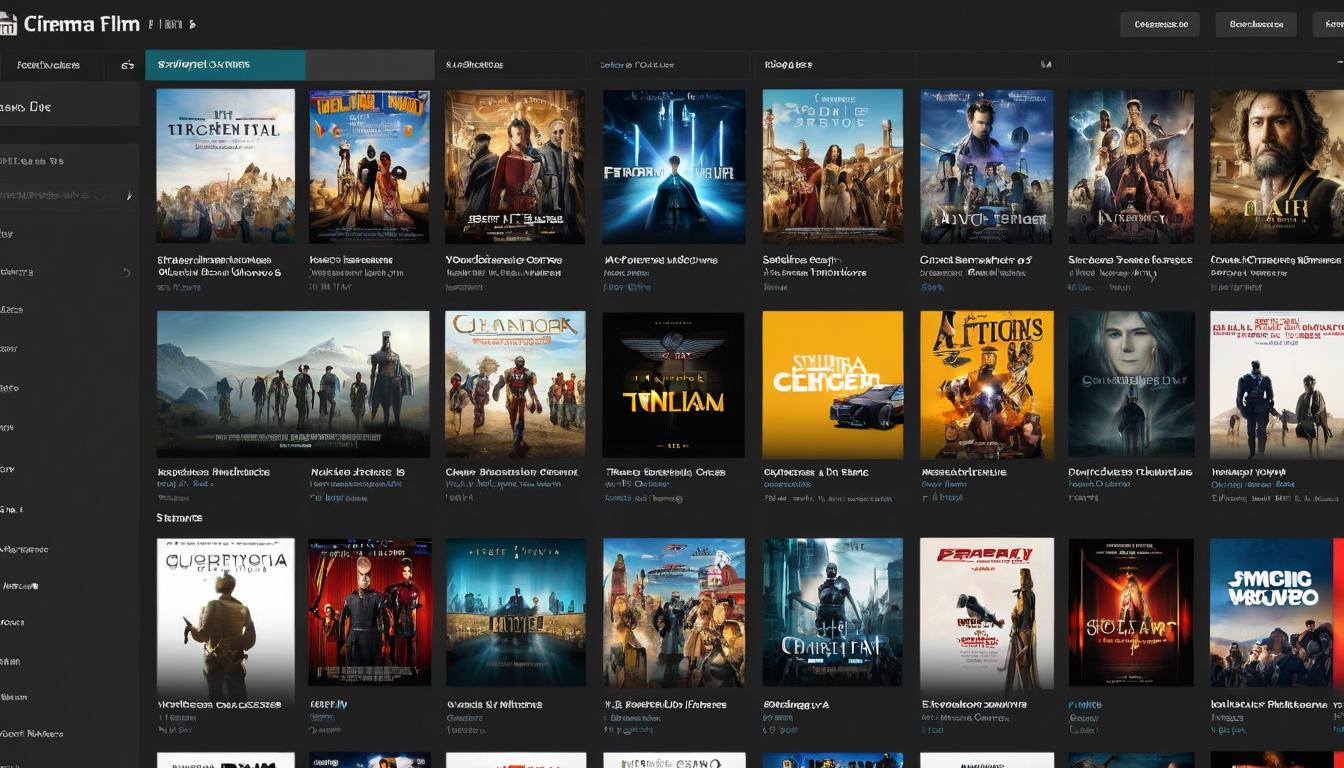The projector's hum has been replaced by the silent glow of smartphones, and the collective gasp of a theater audience now competes with the isolated chuckle of a viewer on their couch. This isn't just evolution; it's a revolution that's tearing at the very fabric of how we experience film. As streaming services pour billions into original content, the traditional cinematic experience finds itself at a crossroads, forced to adapt or risk fading into nostalgia.
Netflix, Amazon Prime, and Disney+ aren't merely platforms anymore—they're power players dictating production trends and audience habits. The 2023 Writers Guild of America strike laid bare the tensions brewing beneath Hollywood's glittering surface, with streamers accused of creating a 'gig economy' for creatives. Residual payments have become a ghost of their former selves, leaving many writers and actors struggling to survive in an industry that's simultaneously booming and fracturing.
Meanwhile, theatrical releases have become event cinema—either massive blockbusters designed for IMAX spectacle or intimate indie darlings banking on word-of-mouth. The mid-budget film, once Hollywood's backbone, now faces extinction unless it finds refuge on streaming services. This polarization creates a curious dichotomy: audiences either pay premium prices for spectacle or consume content from their subscriptions, with little middle ground.
Data analytics now drive greenlight decisions more than executive intuition. Streaming platforms know exactly what you watch, when you pause, and what makes you click 'next episode.' This treasure trove of viewer behavior is reshaping storytelling itself, leading to algorithm-friendly structures and predictable narrative beats. The art of surprise risks becoming collateral damage in the pursuit of engagement metrics.
International cinema has found unprecedented global reach through streaming, yet also faces homogenization pressures. South Korea's 'Parasite' and India's 'RRR' demonstrated that language barriers crumble before compelling storytelling, but the need to appeal to global algorithms sometimes sands down cultural specificities that give these films their unique flavor.
The festival circuit, once the sacred ground for discovering cinematic gems, now negotiates complex hybrid models. Sundance and Cannes films often secure streaming deals before audiences leave the theater, changing how films build momentum and find their audience. This instant accessibility democratizes cinema but also shortens the cultural conversation around individual films.
Technology companies increasingly behave like studios, while studios act like tech companies. The lines have blurred to the point where Apple TV+ competes for Oscars while Warner Bros. Discovery struggles to make its streaming service profitable. This identity crisis affects everything from marketing strategies to creative risks, with shareholders often prioritizing subscriber numbers over artistic merit.
Independent filmmakers face both unprecedented opportunities and daunting challenges. Streaming services provide distribution avenues that previously required miracle deals, but discoverability becomes the new obstacle. With thousands of titles competing for attention, standing out requires marketing savvy that many artists lack, creating a new gatekeeping paradigm.
Cinematheques and revival houses report increased attendance as audiences seek curated experiences away from algorithm-driven recommendations. This counter-movement suggests that while convenience dominates, the human touch of thoughtful programming still holds value. The communal experience of watching films together, whether in physical or virtual spaces, satisfies a deep human need that pure convenience cannot replace.
As artificial intelligence begins writing scripts and generating visual elements, the very definition of authorship comes into question. The 2023 strikes included protections against AI replacement, but the technology advances faster than contracts can adapt. This technological disruption might ultimately force the industry to redefine what makes storytelling fundamentally human.
The environmental impact of streaming remains largely unexamined. Data centers consuming massive energy, constant device upgrades, and the carbon footprint of cloud storage create an ecological cost that rarely enters conversations about digital convenience. As sustainability becomes increasingly urgent, the film industry must confront its digital footprint alongside its physical one.
What emerges from this turbulence isn't the death of cinema, but its metamorphosis. The stories we tell remain constant in their power to move us, but how they're created, distributed, and experienced is undergoing the most radical transformation since the talkies replaced silent films. The future belongs to those who understand that technology should serve storytelling, not dictate it.
The streaming paradox: how digital giants are reshaping cinema's future

